Register for free and continue reading
Join our growing army of changemakers and get unlimited access to our premium content
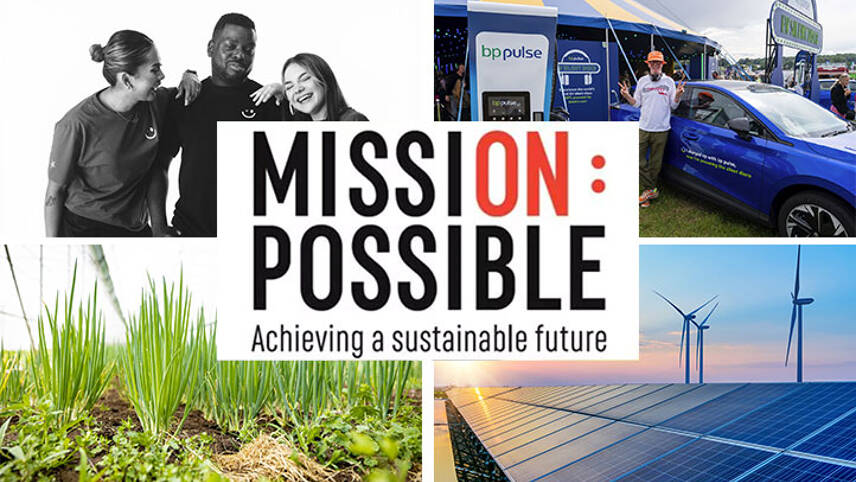
Published every week, this series charts how businesses and sustainability professionals are working to achieve their ‘Mission Possible’ across the campaign’s five key pillars – energy, resources, infrastructure, mobility and sustainability leadership.
Across the UK and across the world, leading businesses, cities, states and regions are turning environmental ambitions into action. Here, we round up five positive sustainability stories from this week.
ENERGY: Indigenous-owned renewable developer targets $1bn in Australia
Australia ratified a new Climate Change Act last year, enshrining a 2050 net-zero target in law and increasing the rate of decarbonisation required through to 2030. Delivering these targets will require a rapid transition away from coal and towards cleaner energy sources.
It is welcome news, then, that Desert Springs Octopus has this week set the scene for a huge scale-up of community-owned solar and energy storage projects. The business has signed renewable energy benefit sharing agreements with the Larrakia Nation and Jawoyn Association, in the Darwin and Katherine areas respectively.
This will see the benefits of new renewable energy projects being reaped by communities, who co-own the arrays. Any additional profits will need to be re-invested in community causes.
Desert Springs Octopus is aiming to raise $1bn of investment into renewables this decade and is seeking backing from the Government as well as other private sector players that will prioritise development for Indigenous community benefit.
The firm’s co-chair Bevan Mailman said: “A new season has commenced, and Desert Springs Octopus welcomes the opportunity to set a new standard in relation to infrastructure development, based on walking closely with First Nations communities and building a future together.”
RESOURCES: Wagamama to upcycle used staff shirts into new clothing
The Ellen MacArthur Foundation estimates that less than 2% of the 100 billion garments made each year will be recycled into new textile products. Recycling in other ways is also uncommon; the vast majority of used clothes end up as waste.
To stop used staff uniforms from going to landfill, fast-casual restaurant chain Wagamama is collaborating with fashion brand Pangaia. Wagamama staff will be invited to return used t-shirts so Pangaia can repurpose them to create new hoodies using its textile recycling processes.
The hoodies will be available to staff and customers in 2024. In the meantime, staff will be offered new t-shirs from Pangaia made using organic cotton.
Pangaia’s chief global engagement officer Eva Kruse said: “Our collaboration not only highlights the potential for a circular ecosystem across all sectors, but also sets a precedent for other brands to join the movement as we co-design an earth-positive future—together.”
MOBILITY: CarFest hosts ‘world’s first’ silent disco powered using EV batteries
Festival season is drawing to a close. But before we hang up our wellies and sunglasses and swap them out for pumpkins, we wanted to highlight one innovative sustainability story from CarFest, which was hosted in Hampshire from 25-27 August.
At the festival, bp pulse hosted a silent disco for 600 people, powered using renewable energy stored in the batteries of four electric vehicles (EVs). Three disco slots were played on each of the three days, meaning the EVs powered more than 19 hours of entertainment and mobile phone charging.
“Recent developments in vehicle to load (V2L) technology enabled us to plug EVs into four different areas of the silent disco to charge the headsets, power the tent’s lighting and DJ equipment and provide mobile phone charging lockers,” explained bp’s global sponsorship director Paul Goodmaker.
“We’re proud to have worked with CarFest to offer festival-goers a truly unique off-grid entertainment experience, and to have brought our positive energy to such a wide audience.”
THE BUILT ENVIRONMENT: UK Green Building Council sets out renewable energy sourcing guidelines
The operations of buildings account for 30% of global final energy consumption and 26% of global energy-related emissions, according to the International Energy Association. This proportion is even higher when construction and upstream energy use is considered. As such, many companies looking to lead the way on the low-carbon transition in building-related sectors are setting out plans to increase clean energy procurement.
The UK Green Building Council (UKGBC) has published new advice to support businesses in achieving their green energy dreams. UKGBC has identified key principles that define good quality renewable electricity procurement including additionality and time-matched energy guarantees. Following these principles, businesses across the built environment can help unlock the broader energy transition.
The new guidance is primarily aimed at those responsible for procuring energy for commercial buildings and businesses, such as corporate procurement teams. However, the Council claims that it can also benefit individuals engaged in building design, delivery, or operation, including energy system designers, renewable energy producers and energy brokers/suppliers.
SUSTAINABILITY LEADERSHIP: Riverford leads partnership to remove peat from UK commercial horticulture
Riverford has been a pioneer of organic agriculture for more than 30 years and has also paved the way in terms of employee ownership models for British businesses.
This week, the brand announced a new joint mission to reduce and eventually end the use of peat in commercial horticulture in the UK. The UK Government will ban the use of peat in these applications by 2028 but concerns abound in the farming community about which alternatives are suitable.
Riverford has partnered with Coventry University, as well as growers and environmental consultants, to design and test alternatives to peat blocks in vegetable propagation.
Innovate UK has provided funding for the project, which will run until the end of March 2025. It is hoped that, once a viable alternative is found, it can be commercialized and applied across the sector.
Rivorford’s sustainability researcher Anna David said: “The use of peat is a problem that we want to solve, not just for Riverford, but for the whole horticulture industry. Whilst peat is amazing as a growing media, it needs to be kept in the ground where it can continue to lock away carbon and provide a key habitat for wildlife.”
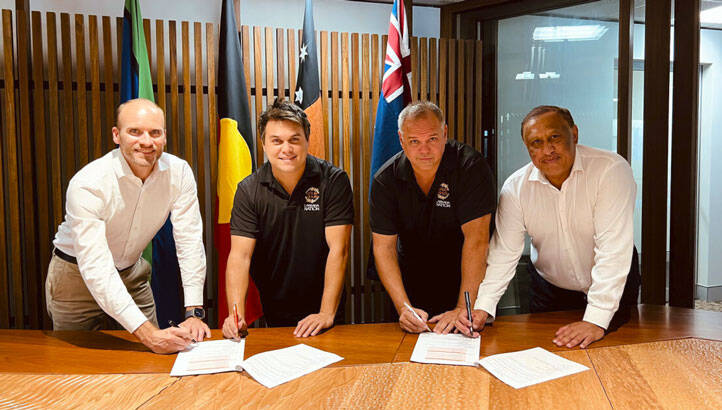
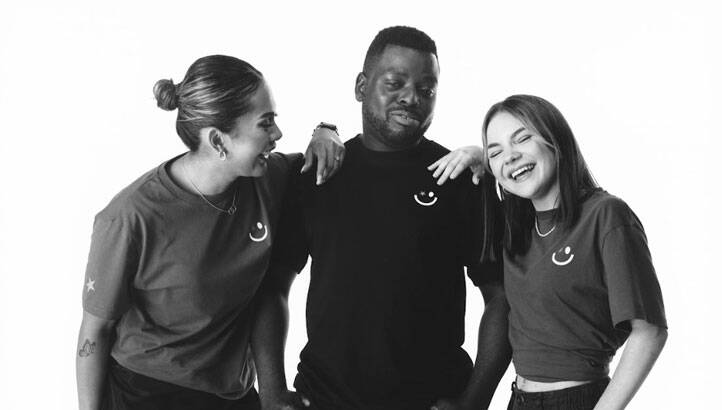
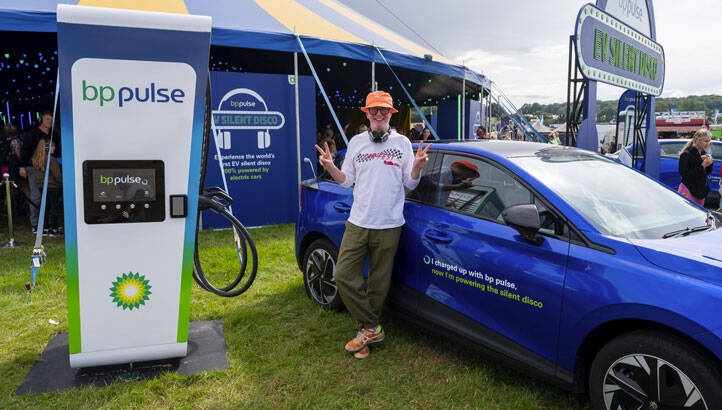

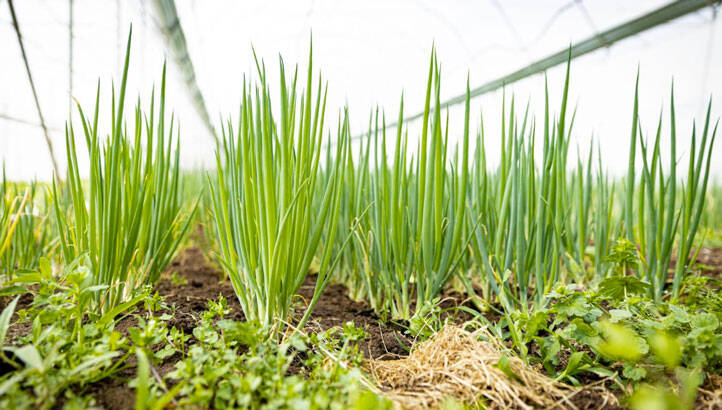


Please login or Register to leave a comment.